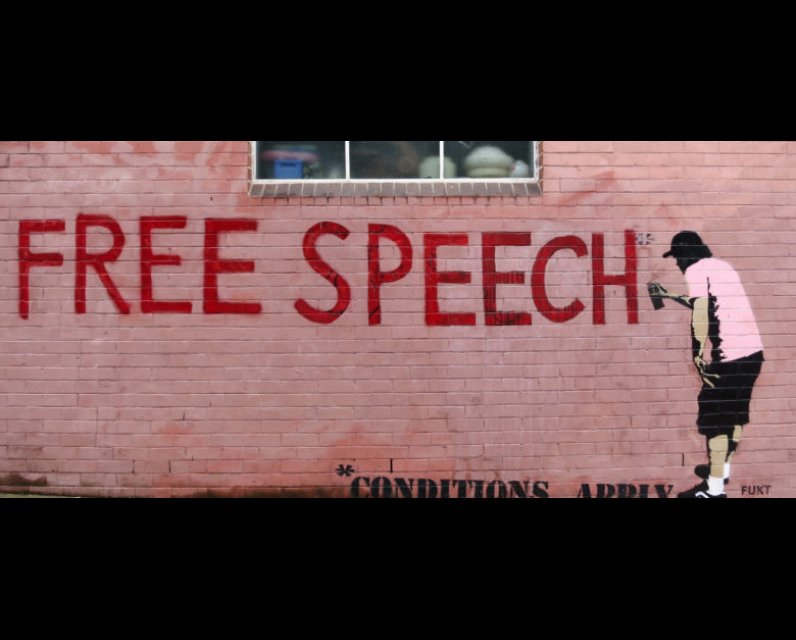Unpublished Opinions
Dr. Michael Geist is a law professor at the University of Ottawa where he holds the Canada Research Chair in Internet and E-commerce Law. He has obtained a Bachelor of Laws (LL.B.) degree from Osgoode Hall Law School in Toronto, Master of Laws (LL.M.) degrees from Cambridge University in the UK and Columbia Law School in New York, and a Doctorate in Law (J.S.D.) from Columbia Law School. Dr. Geist is a syndicated columnist on technology law issues with his regular column appearing in the Toronto Star, the Hill Times, and the Tyee. Dr. Geist is the editor of several copyright books including The Copyright Pentalogy: How the Supreme Court of Canada Shook the Foundations of Canadian Copyright Law (2013, University of Ottawa Press), From “Radical Extremism” to “Balanced Copyright”: Canadian Copyright and the Digital Agenda (2010, Irwin Law) and In the Public Interest: The Future of Canadian Copyright Law (2005, Irwin Law), the editor of several monthly technology law publications, and the author of a popular blog on Internet and intellectual property law issues.
Dr. Geist serves on many boards, including the CANARIE Board of Directors, the Canadian Legal Information Institute Board of Directors, the Canadian Internet Registration Authority, and the Electronic Frontier Foundation Advisory Board. He has received numerous awards for his work including the Kroeger Award for Policy Leadership and the Public Knowledge IP3 Award in 2010, the Les Fowlie Award for Intellectual Freedom from the Ontario Library Association in 2009, the Electronic Frontier Foundation’s Pioneer Award in 2008, Canarie’s IWAY Public Leadership Award for his contribution to the development of the Internet in Canada and he was named one of Canada’s Top 40 Under 40 in 2003. In 2010, Managing Intellectual Property named him on the 50 most influential people on intellectual property in the world and Canadian Lawyer named him one of the 25 most influential lawyers in Canada in 2011, 2012 and 2013.
Click here to view Dr. Geist’s full CV.
Freedom of Expression Under Attack: The Liberal Government Moves to Have the CRTC Regulate All User Generated Content

Canadian Heritage Minister Steven Guilbeault appeared before the Standing Committee on Canadian Heritage last month and was asked by Liberal MP Tim Louis about “misinformation that somehow this [Bill C-10] would control, or regulate, or censor social media.” Guilbeault responded:
In the case of YouTube, for example, we’re not particularly interested in what people…you know, when my great-uncle posts pictures of his cats, that’s not what we’re interested in as a legislator.
When YouTube or Facebook act as a broadcaster, then the legislation would apply to them and the CRTC would define how that would happen. But really, we’re not interested in user-generated content. We are interested in what broadcasters are doing.
Guilbeault was referring to a specific exception in Bill C-10, the Broadcasting Act reform bill, that excluded user generated content from the scope of broadcast regulation. I previously blogged about the exception, noting its narrow scope. The provision states:
This Act does not apply in respect of
(a) programs that are uploaded to an online undertaking that provides a social media service by a user of the service – who is not the provider of the service or the provider’s affiliate, or the agent or mandatary of either of them – for transmission over the Internet and reception by other users of the service; and
(b) online undertakings whose broadcasting consists only of such programs.
Without this provision, anything uploaded by users – whether cat videos or kids dancing in the kitchen – would be treated by Canadian law as a “program” and subject to CRTC regulation. Government officials confirmed this today at the hearing with Owen Ripley stating:
Ms. Dabrusin has signalled the government intends to repeal, or suggest a repeal, of Section 4.1 altogether, meaning that there would no longer be any exclusion for social media services at all. For the benefit of the committee, in our previous sessions, the committee upheld the exclusion for users of social media companies. In other words, when you or I upload something to YouTube or some other sharing service, we will not be considered broadcasters for the purposes of the Act. The CRTC couldn’t call us before them and we couldn’t be subject to CRTC hearings.
But if the exclusion is removed – if 4.1 is struck down – the programming we upload to Youtube, that programming that we place on that service would be subject to regulation moving forward, but would be the responsibility of Youtube or whatever the sharing service is. The programming that is uploaded could be subject to discoverability requirements or certain obligations like that.
If the way forward to is maintain the exclusion for individual users but to strike down the exclusion for social media companies, that means that all the programming that is on those services would be subject to the Act regardless of whether it was put there by an affiliate or a mandatary of the company.
Read that again: “all the programming that is on those services would be subject to the Act.” Despite the warning, Parliamentary Secretary Julie Dabrusin put forward a motion to remove the exclusion, which gained the support of the committee.
This is a remarkable and dangerous step in an already bad piece of legislation. The government believes that it should regulate all user generated content, leaving it to regulator to determine on what terms and conditions will be attached the videos of millions of Canadians on sites like Youtube, Instagram, TikTok, and hundreds of other services. The Department of Justice’s own Charter analysis of the bill specifically cites the exclusion to argue that it does not unduly encroach on freedom of expression rights. Without the exclusion, Bill C-10 adopts the position that a regulator sets the rules for free speech online. As Emily Laidlaw tweeted, human rights apply online and offline.
Last week I wrote that the Liberal government had become the most anti-Internet government in Canadian history. But today’s vote is even worse. By removing the user generated content exclusion, Bill C-10 represents an unconscionable attack on the free expression rights of Canadians. It must be defeated.



Comments
Be the first to comment